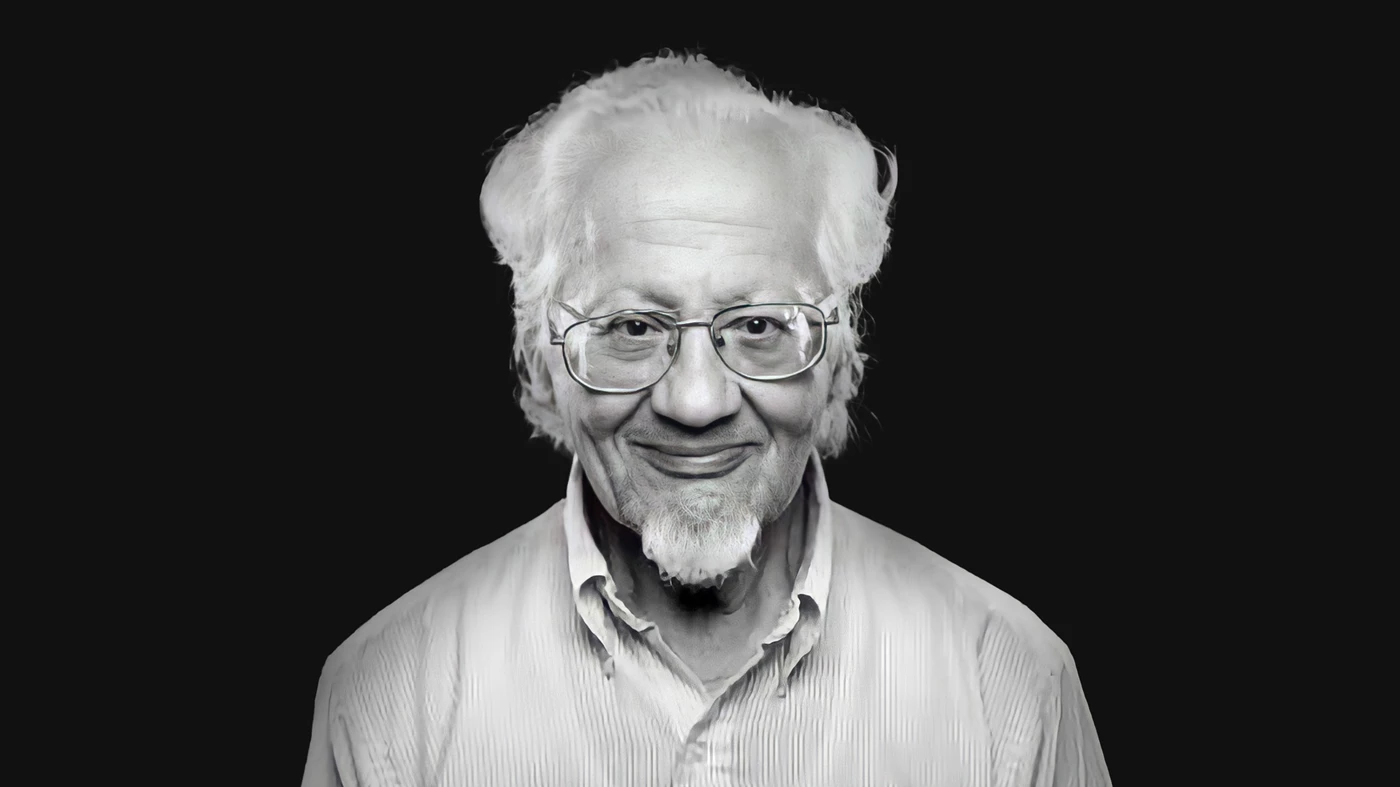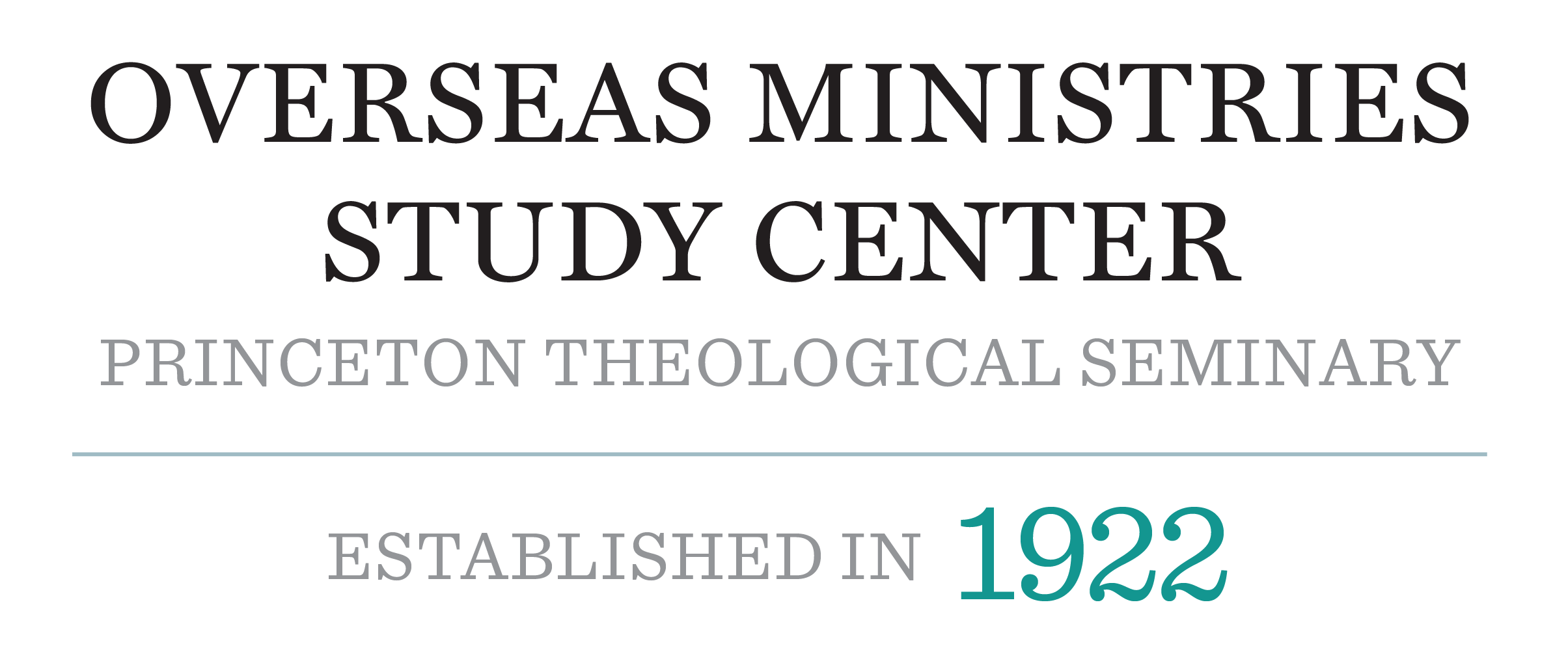by Todd M. Johnson, Ph.D. – Co-Director – Center for the Study of Global Christianity
This post is part of The Occasional’s “Numbers and Trends” series, dedicated to sharing work, analysis, and perspectives from our friends and partners at the Center for the Study of Global Christianity based at Gordon-Conwell Theological Seminary.
This semester, I am teaching a course on NGOs and Development. My students are from many countries worldwide, some in the classroom and some via Zoom. One of the main themes of the class is that good global development cannot be a continuation of the Western colonial project. This is a direct parallel with global Christianity, which is not merely an extension of Western Christianity worldwide. With this in mind, it can be difficult to find good texts for my course. Western authors often get caught up in the tension between proclamation and demonstration and generally do not articulate the ‘integrated’ nature of evangelism and social action. Thus, a few years ago, I was thrilled to come across Relentless Love: Living Out Integral Mission to Combat Poverty, Injustice, and Conflict edited by Graham Joseph Hill. Through 32 articles gathered from presentations at the 7th Micah Global Consultation in the Philippines in 2018, the collection illustrates how social justice and proclamation are completely complementary, integrated, and inseparable. Having read a pre-publication copy, I was pleased to offer this endorsement:
“As the contributors to this volume point out, integral mission is intuitively practiced in Africa, Asia, Latin America, and Oceania, where 67% of all Christians now live. Compared to what has been a largely Western enterprise, these community-based cultures offer solutions to human problems from a fundamentally different perspective. This book presents a starting point for a new global Christian approach; as opposed to a Western theoretical framework that artificially separates evangelism and social justice, this new approach coheres the whole message and story of the Bible, fostering community resilience and redressing injustice at its roots. And, as a bonus, some contributors wisely contend for greater representation for women in every level of leadership — after all, women do most of the work.”

Relentless Love was published shortly before the death of the “Father of Integral Mission,” Rene Padilla. Padilla gave a seminal talk at the Lausanne Congress in 1974, where more than 2,400 Evangelical leaders from 150 countries met to discuss world evangelization. Padilla argued that social action and evangelism were essential, indivisible components, like “two wings of a plane.” This is misión integral or integral mission, defined as “the task of bringing the whole of life under the lordship of Jesus Christ and includes the affirmation that there is no biblical dichotomy between evangelistic and social responsibility in bringing Christ’s peace to the poor and oppressed.”
This is an excellent example of what happens when Christians of the Global South are in the kitchen instead of ‘at the table.’ To readers in the Global South, the Scriptures are clear on the need for integral mission, less obvious to the wealthy in Global North, who, while reading the same Scriptures, often see only a need to proclaim the gospel. Evangelicals may diverge in opinion on the place of social activism, but the Scriptures are clear that concern for the poor, the refugee, or the stranger is not optional. Social concern recognizes the inherent value of all humanity based on the concept of all being created in the image of God. As image bearers and vicarious representatives of God, the actions of Christians toward others are then to be viewed as actions on behalf of God Himself. Multi-dimensional and holistic justice is pervasive in Scripture. This is more intuitive to those in the Global South. South African Bishop Desmond Tutu said, “I don’t preach a social gospel; I preach the gospel, period. The gospel of our Lord Jesus Christ is concerned for the whole person. When people were hungry, Jesus didn’t say, ‘Now is that political or social?’ He said, ‘I feed you.’ Because the good news to the hungry person is bread”.
In the same way, our assessment of global Christianity in the World Christian Encyclopedia, documents Christian care for refugees and strangers. It highlights the education of children, especially girls, and the provision of healthcare, especially those who have little or no access to it. It profiles the alleviation of poverty, for other Christians, and for humanity as a whole. And finally, it showcases the care of the earth, especially in response to the impact of climate change in the Pacific islands. Moreover, Christians of the Global South are leading the way in a more deeply biblical outreach to all of the world’s peoples. ¡Misión Integral!
Click here for more information on Micah Global and the International Fellowship for Mission as Transformation.




